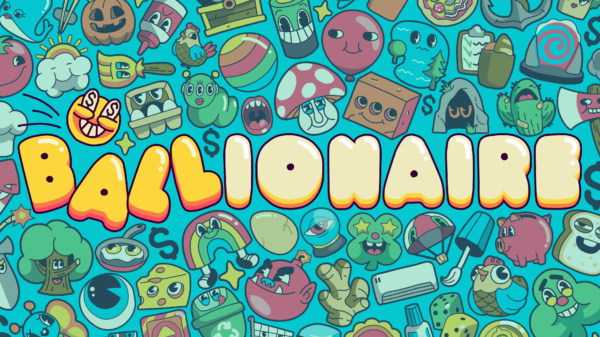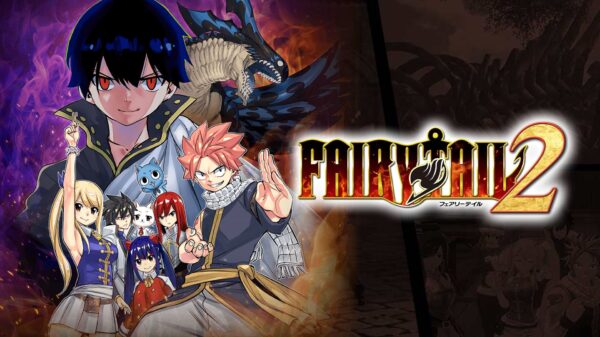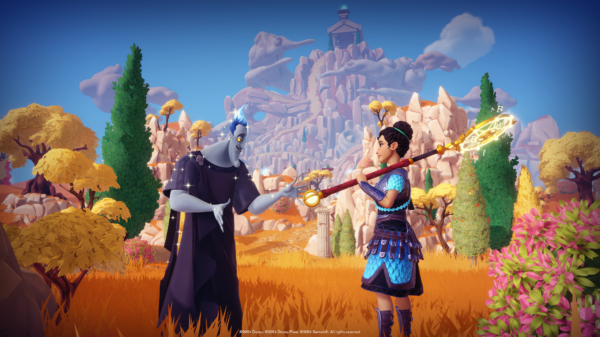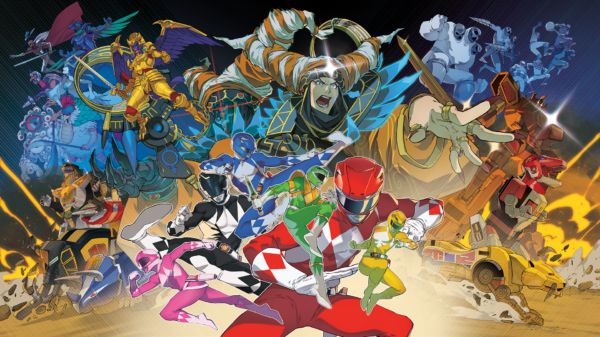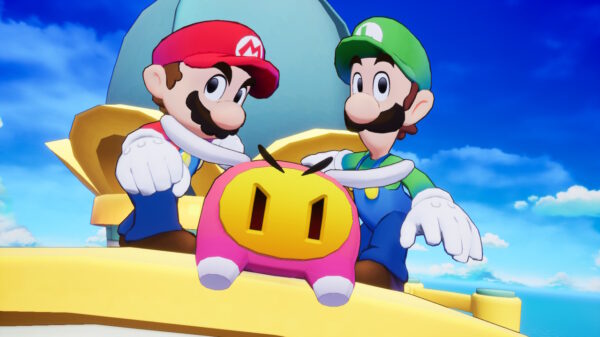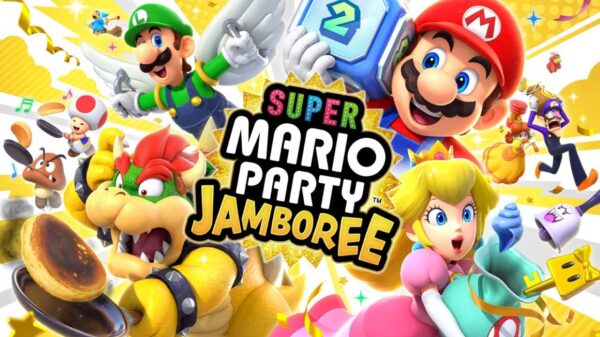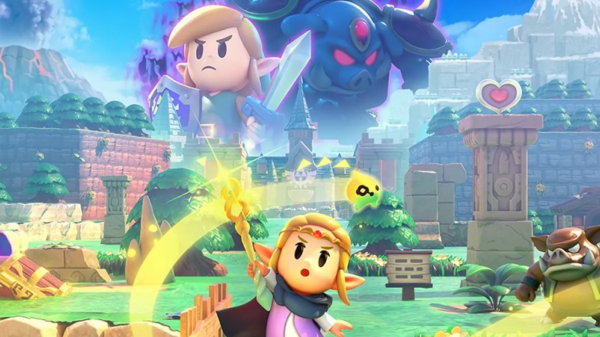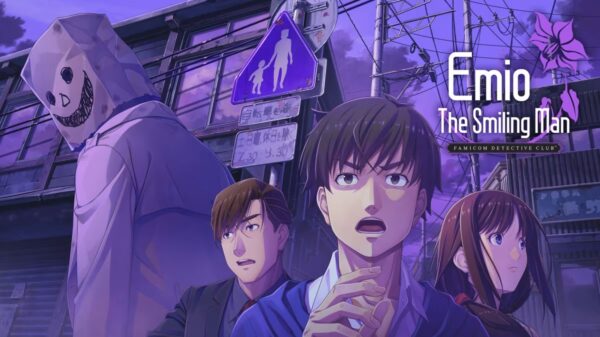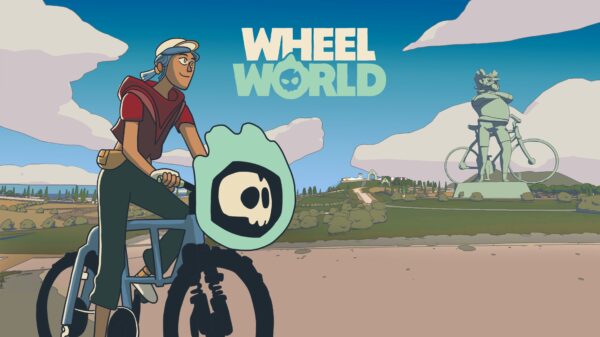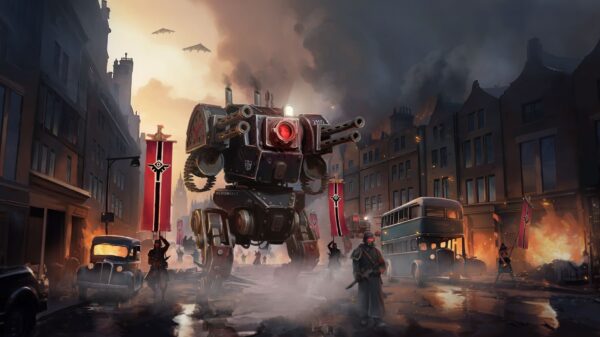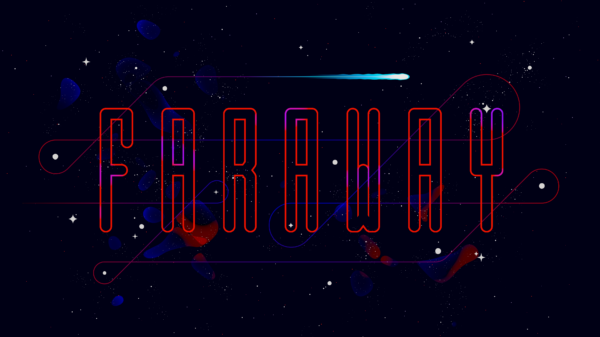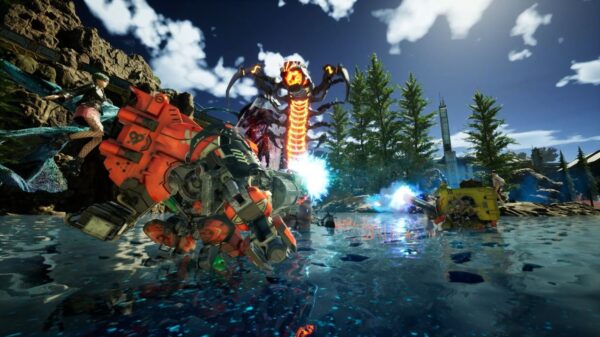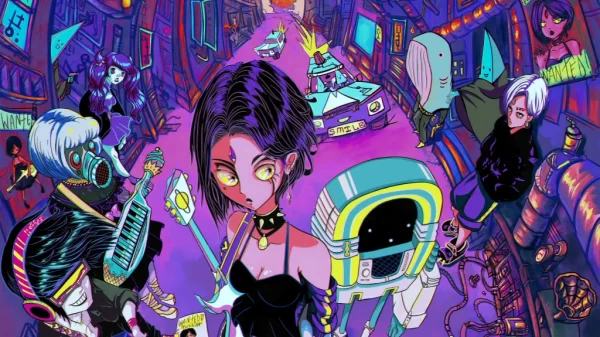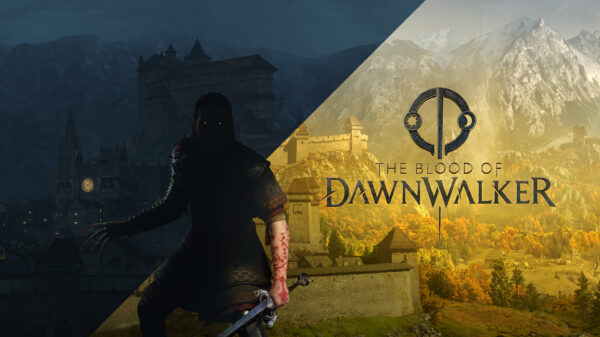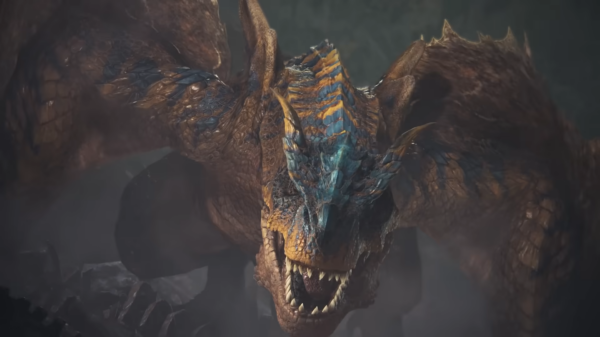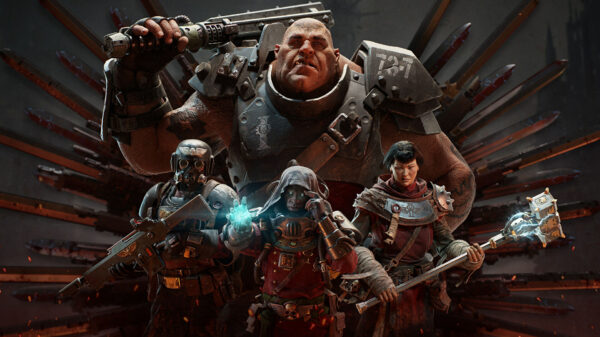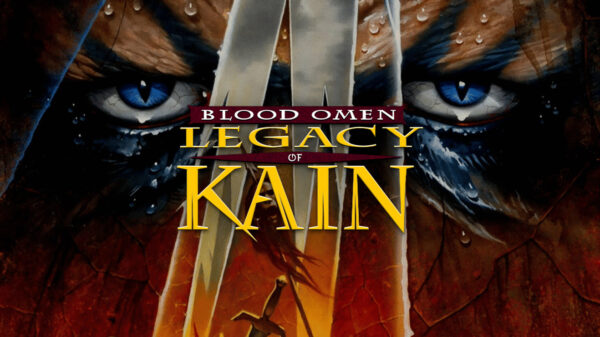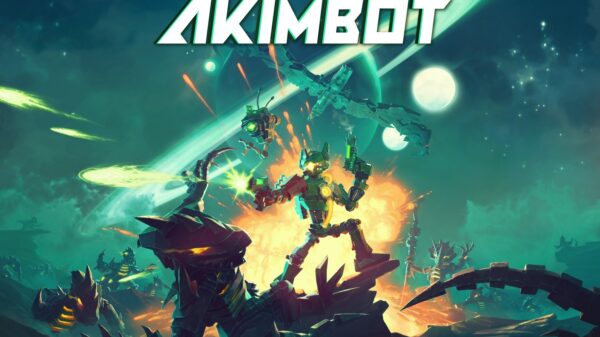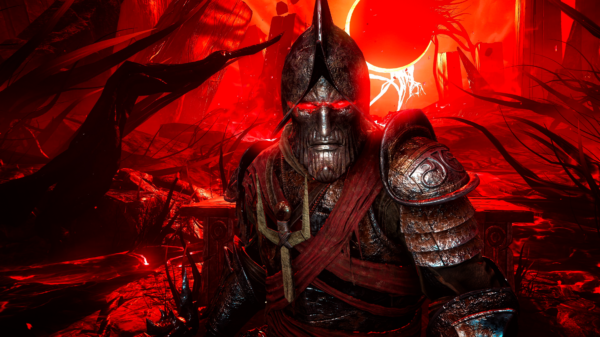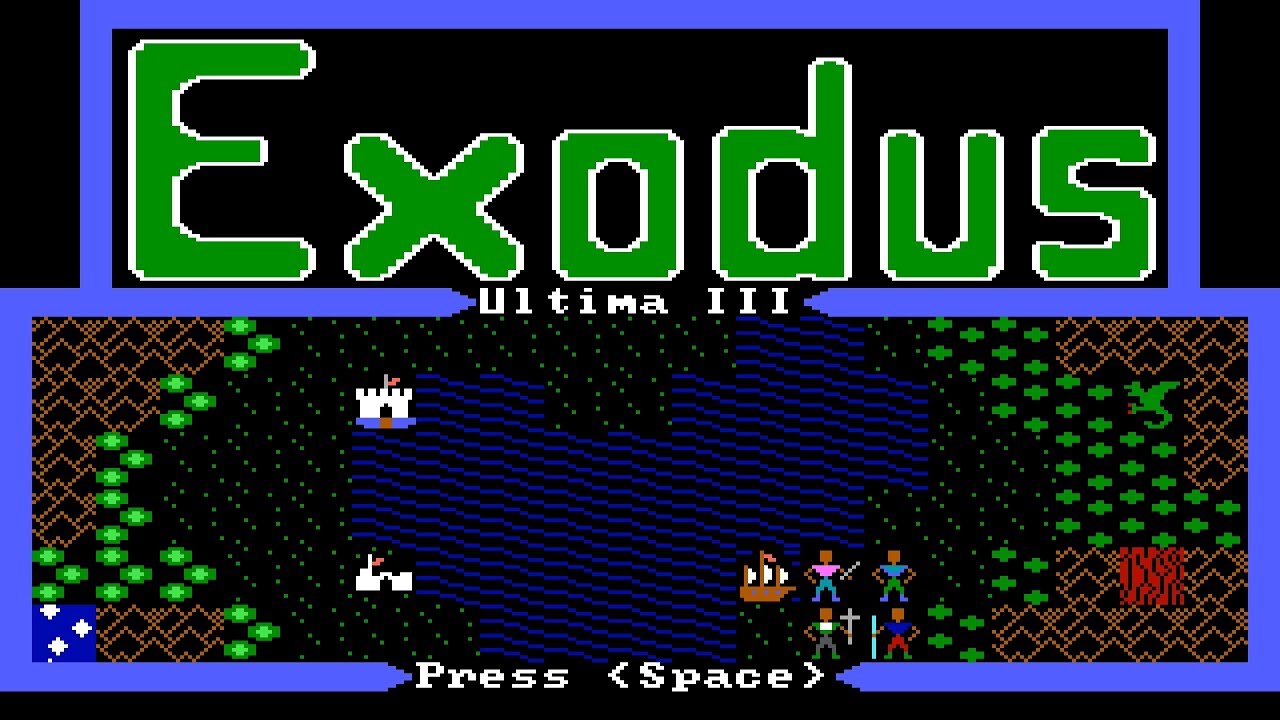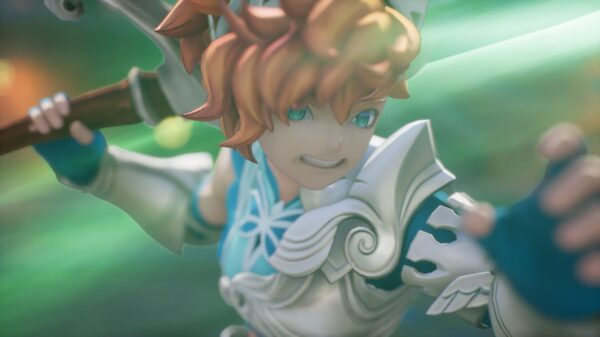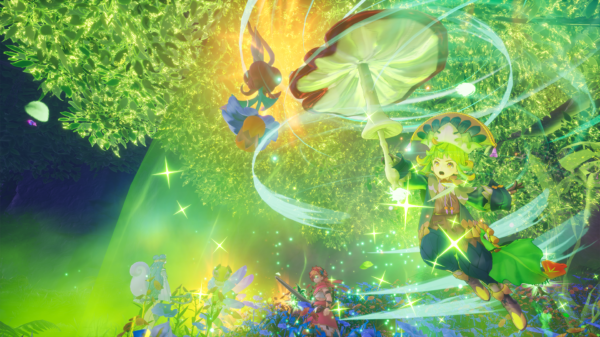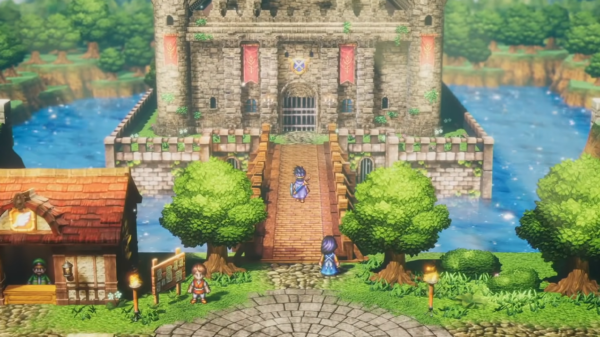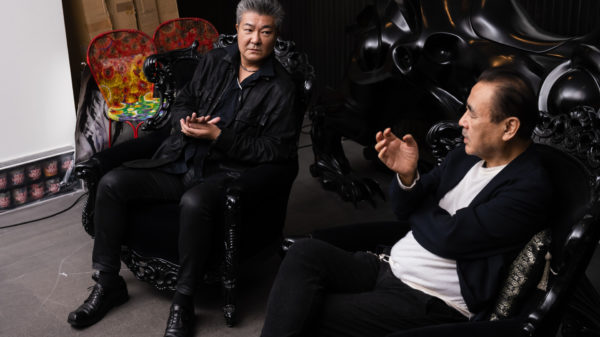You’ve been here a dozen times before. It’s late in the dungeon, you’ve been using spells to defeat a lot of monsters because that’s where the power is, and you’re confident the boss room is around the corner. Your MP is low so you take a minute to hop into the menu and assess the amount of mana regenerative items in your inventory. What fun, you’ve been blasting away baddies for the past 30 minutes and now you’re doing math in game menus. It dawns on you that you may have used some mana restoring items earlier in the dungeon to help get through a particularly tough mini-boss and now you only have enough to get two party members to half-mana. Why are we in this mess?
Mana comes from a pan-Polynesian branch of the Austronesian language family meaning something along the lines of ‘supernatural power.’. The first usage of Mana as ‘magic fuel’ was in a 1969 short story, “Not Long Before the End.” Now, Larry Niven’s idea of mana being a limited resource that permeated the immediate area is one that, adapted, makes some sense in regards to how it’s used in video games. However, because the creators of Dungeons & Dragons based their magic system on the novels of Jack Vance (and considering most early RPGs were based off of the Dungeons & Dragons formula), mana wouldn’t be used as a design concept immediately. When you consider how simple and new-ish the concept of mana being magic fuel is, it’s unsurprising video games adopted it so early on. Eventually, we’d all be staring at the idiot box cursing games for not providing enough ethers or magic bottles to get through a boss fight.
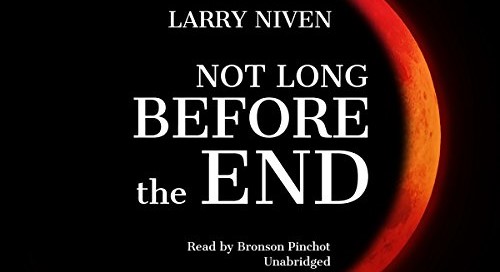
The prelude to Ultima, Akalabeth: World of Doom avoided having magic cost anything entirely, opting to allow mages to use amulets for spells. It wouldn’t be until 1983 that we saw the concept of mana used in video games. Most people attribute Ultima III: Exodus as the game that brought mana as a concept to video games. There is a game that released the same year though, by the name of Moria, that has a ‘mana’ stat that exists in it’s character sheet. Pinning down exact dates is nigh impossible unless you spoke to the creators themselves. The creator of Moria, Robert Alan Koeneke, originally made his game for the VAX-11/780 computer which would limit the game’s user base, especially against Ultima III: Exodus which was released on the Amiga, Commodore 64, Apple II, and MS-DOS. Regardless, 1983 is when it all happened.
Three years later in Japan and six years later in North America we’d all be exposed to Dragon Quest (Dragon Warrior in the U.S.) and MP would be solidified in our minds. Not to diminish the work of Lord British, but Nintendo’s cultural influence likely overtakes that of Ultima alone. Still, Ultima III would be released on the NES in North America in 1989, the same year as Dragon Quest. Given they were released the same year, MP cannot be specifically attributed to either game, especially considering how impactful both were as cultural touchstones. However, given how wildly successful Dragon Quest was in Japan and considering Ultima III’s popularity comparatively it’s safe to attribute this win to Dragon Quest.
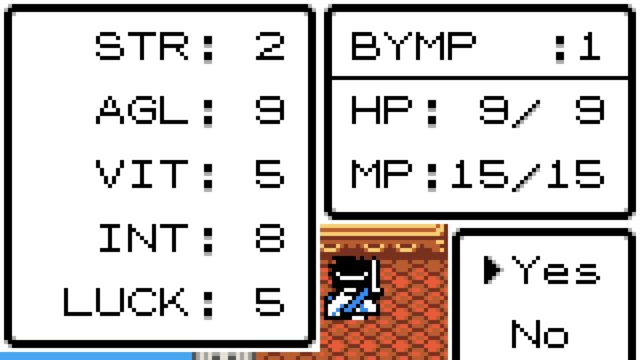
Great, now we’ve established where the word ‘mana’ comes from and where it started in gaming. Why did video games start using mana in the first place? As far as game design is concerned, resource management is at the core of most game design. Why does it still exist? Why are we still using it?
Quite frankly, I consider it a design flaw. But I’m getting ahead of myself. Mana and magic points are typically used to limit the player, preventing them from using magical abilities to absolutely destroy encounters. At least, initially. As early as Dragon Quest we can see enemies and bosses weak enough to magic that if the player had a bottomless mana well at their disposal, some of the game would be an absolute cake walk. Fortunately for us, designers and the systems at their disposal will allow them to create more interesting and less restricting magic systems in the future. However, mana and magic points remained en vogue for well beyond the need to limit the player’s abilities. Games today still utilize these systems and it is past time to see them go. Primarily, there’s no real narrative sense these systems should exist outside of limiting player agency.
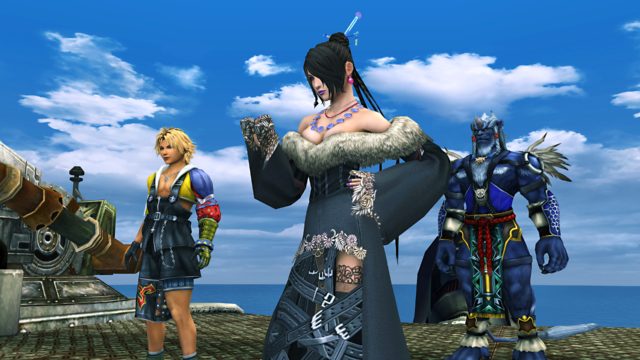
Here we go into a little theorycrafting, asking some of the tough or maybe not-so-tough questions about the games we play. Final Fantasy X has Lulu, a black mage that has spent a considerable amount of time refining her craft. While the sphere grid allows her free range of her spells by giving her an incredible amount of MP, it still exists. Her primary function in battle has limits. Meanwhile, Wakka is beaning birds and Arhimen out of the sky with a blitzball like he was born with one in his hands. Why is someone who refines their craft as much as Lulu far more limited than Wakka? What’s so powerful about magic that it must be limited behind magic points and, furthermore, if Lulu has such power at her disposal, why doesn’t Wakka have an equally powerful system at his disposal?
Here is where I start to consider magic points a design flaw. While they seemed necessary early on when game design as a concept was in its infancy, we’re at the point now where we should be asking better from designers and they should be asking better from themselves. What IS the point in limiting player power and why are we limiting it? Why haven’t we come up with equally exciting and powerful abilities for everyone?
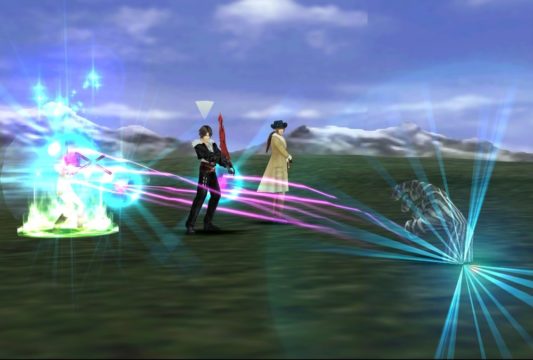
My earliest exposure to a system that didn’t use MP was Final Fantasy VIII. The system itself is novel, having you ‘draw’ magic to be cast or stored to be used for ‘junction.’ ‘Real magic’ in their world can only be used by a sorceress, via Limit Break, or a summoned Guardian Force (GF.) Magic used, but no MP consumed or heard of. A novel system no doubt but how did fans of the genre and the general public react? Despite receiving very positive reviews, the gameplay was the primary point of criticism. IGN considered the gameplay to be the weakest part of Final Fantasy VIII despite saying, “the entire magic system is completely different from what you’re used to, and mostly this is to the good.” If that sounds good, it is, yet IGN ranked the gameplay as the weakest portion of Final Fantasy VIII. This sentiment was echoed by several other outlets, including Electronic Gaming Monthly and Edge Magazine.
Later that year another game’s sequel came out that did away with the MP of its predecessor. Chrono Cross was released in November of 1999 and did not feature an MP system, opting to instead use an elemental system and action points. Simply put, the elemental grid leveled up throughout battle allowing you to cast higher-level spells. If you owned a spell that could be used multiple times and equipped it, you could usually only use it once in battle. You used action points to perform attacks and when you used an action point you gained a level on the elemental grid. Spells required you to reach a certain elemental level in battle before you could cast a spell. By doing this, Chrono Cross allowed players to cast spells without consuming items and actually utilize the spells and abilities they gave their characters.
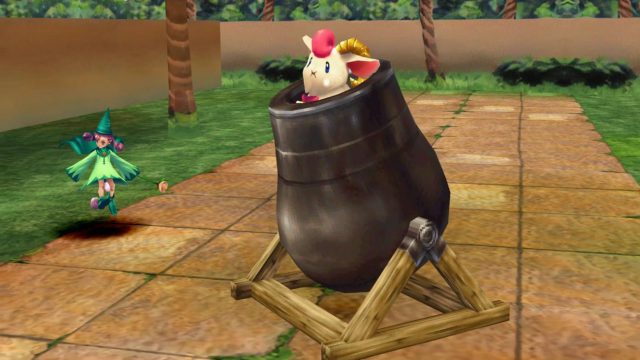
Both Chrono Cross and Final Fantasy VIII were developed by Square, the biggest JRPG developer in the world at the time. Both games sold poorly and, whether or not this is because mana was removed, it’s very common practice to throw out the baby with the bathwater. The next mainline Final Fantasy game, Final Fantasy IX, is considered a return-to-form for the series favoring MP over drawing. It’s an even more telling sign that the MP-less Chrono Cross and Final Fantasy VIII’s subversive mechanics weren’t looked upon favorably when you consider Chrono Cross director Masato Kato worked on Final Fantasy IX. He would end up leaving Square shortly after. Both Final Fantasy VIII and Chrono Cross tried to subvert the video game norm of having MP as magic fuel but neither game could shake it off for good. Though this is purely speculation, I believe it’s not too much of a logical leap to say that studio execs might be cautious about releasing new subversive titles. Especially when you consider that Final Fantasy IX was widely considered a more ‘traditional’ Final Fantasy game by critics and players alike.
When I think of a magician or a wizard I think of someone using knowledge as power. Someone who has spent years mastering a skill and honing their mind to produce an attack or effect through the arcane science of magic. How is that any different than a fighter that spends all day training? If Cyan can SWDTECH every turn, why is Terra running out of MP a concern? At this point it becomes extremely obvious that MP exists strictly as a game mechanic to stifle the player from casting too many spells. There’s no in-game or narrative purpose for it. If you’re going to put restraints on my characters I’d at least like to know why.
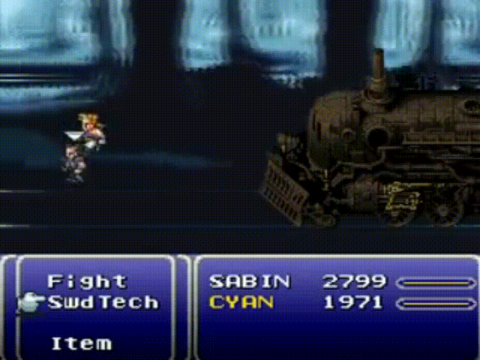
Despite some efforts, role-playing games struggled to get away from this system. Wild Arms 3, another game subverting the MP norm, would be met with middling reviews as well. Wild Arms 3 employed an FP system that got away from the standard of a linear MP bar but still allowed players to feel that sorcerous power. By allowing FP to accumulate over battle and rarely be expended, developers gave the players power to make the battles more interesting over time. Without having players expend a limited resource, they’re free to rotate spells and abilities in for normal combat. Part of the fun of these supernatural fantastical worlds is getting to experience supernatural and fantastical powers. I’m not asking to mop the floor with every enemy I come across, but why give me something cool that I have limited uses of? Or more importantly, let’s realize that simply executing an ‘attack’ command isn’t very exciting and it doesn’t make sense for a mage to just sit around in a battle.
Mana and MP is so ingrained in game design that it requires no narrative explanation, which is yet another reason this seems like such an archaic concept. Every day new games come out with new concepts that bear explaining but MP remains tried and true. This isn’t a good thing. Primarily, design needs to evolve. Looking strictly at Final Fantasy, a series we’ve been referencing quite a bit, you see attempts to evolve the gameplay and design in every single iteration. Final Fantasy 1 mimicked Dragon Quest but with the spin of having four preset party members. Final Fantasy 2 deviated from that by focusing more on story and developing the characters in the story through combat with the player’s input. Final Fantasy 3 took Final Fantasy 1’s job system and evolved it to make it more dynamic throughout the game. Every single time a new Final Fantasy comes out, it iterates on something previously done and tries to do it better. The result is that just about every single Final Fantasy game has set sales records for Square/Square-Enix. Design evolution is a good thing and when you see players cry out that the new game sucks because it’s not exactly like what they were expecting, you’re seeing a level of conservatism in gaming that hinders designers from trying new things.
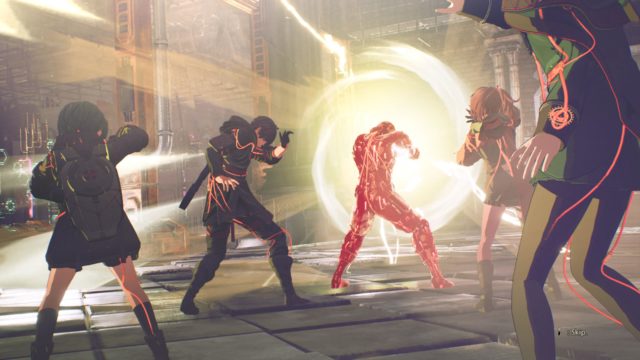
I’ve recently been playing Scarlet Nexus, an action RPG that has no concept of mana. The main character has psychokinetic powers and replenishes their psychokinesis gauge by attacking enemies. I’m not pulled away from the action by having to consume mana potions or swapping characters around because one’s become useless to me without their spells. Everyone’s firing on all cylinders and when you’re out of power, you’re doing something that’s also powerful. Though I have some criticisms of the gameplay, I think the lack of a mana-system benefits Scarlet Nexus greatly. And it was while commenting about that as a net-positive to me that I realized mana kinda sucks. The games I had found most enjoyable over the past few years had modified the system greatly or did away with it altogether.
Fairy Tail is a good example of a game that still uses MP but iterates it in a somewhat interesting way. As I mention in my Fairy Tail review, the implication thus far for people that enjoy role-playing games is that a team of mages is going to struggle under traditional norms. I specifically cite a Final Fantasy party of black mages. Grab your ethers, boys, we’re going in! Instead, Fairy Tale is plying you with MP and making sure you can keep casting and keep fighting. Though MP exists, it flows through your party abundantly. Even in role-playing games, we should be navigating the menu less and less as game design matures as a concept.
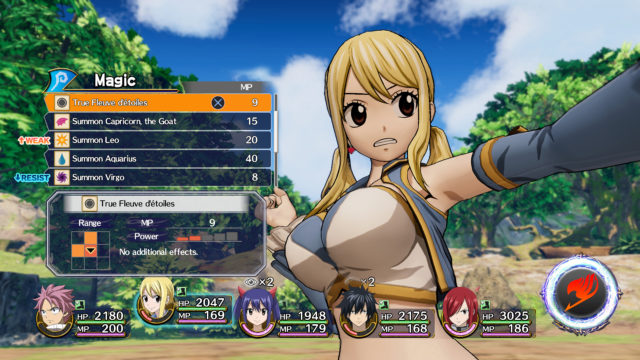
Atelier Ryza 1 & 2 both did away with MP focusing on an active AP system that builds while attacking allowing you to use spells that can generate extremely fun and effective combos. My favorite Final Fantasy battle system, Final Fantasy XIII, did away with MP as well. Focusing entirely on ATB bars and higher level or more effective spells simply requiring you to wait for the next ATB bar to fill. The only game I’ve given a perfect score to, Ikenfell, does away with mana entirely. In Ikenfell, when it’s your turn, you cast any of the spells you want, sweet child, nobody is ever going to tell you otherwise. By giving the player complete freedom from a limited resource, Ikenfell really solidifies the students as witches and wizards in training. That’s one of the things that kept Ikenfell’s combat fresh for me, that I was constantly able to experiment with new spells and play out battles how I wanted to play them out.
Most of the examples I’ve used have essentially subbed out the MP system for another acronym. We could come up with new acronyms to describe points to limit player power all day but that’s hardly the point I’m trying to make. Simply, if there’s no narrative reason to limit player power, don’t. If you can design a game with powerful spells in mind but don’t want the player to cast too many of them, give them a reason not to cast too many of them. Maybe your wizard is a slow reader and can only read spells from a book. Or what if spells in your universe took a long time to cast and your sorcerer’s a smoker who can’t get through a long cast without a smoke or cough break? Perhaps the magicians in your world can only summon elemental beings to cast spells for them and there’s a convoluted system of upgrading the elementals in battle. The world is your damn oyster, stop relying on old tropes simply because the player expects it. Subvert expectations.
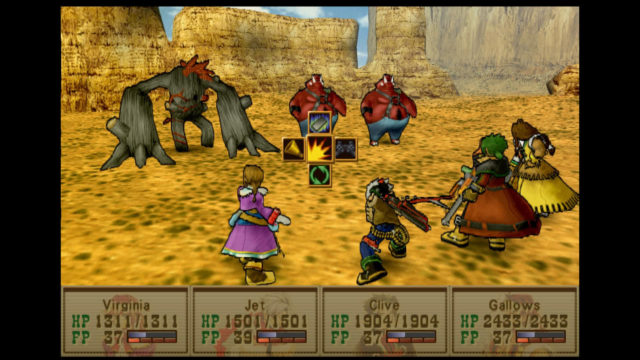
So here we are. It’s 2021, we’ve had MP in our games for decades, and some of the best role-playing games we’ve seen lately have already tossed it out. Designers, developers, anyone in the game-making space that is intent on creating a role-playing experience for us to consume. Please, if you’re going to include MP, make it something interesting, make it something special. Otherwise, farewell Mana. Adieu, wakare, farväl, abschied, despedida mana.

